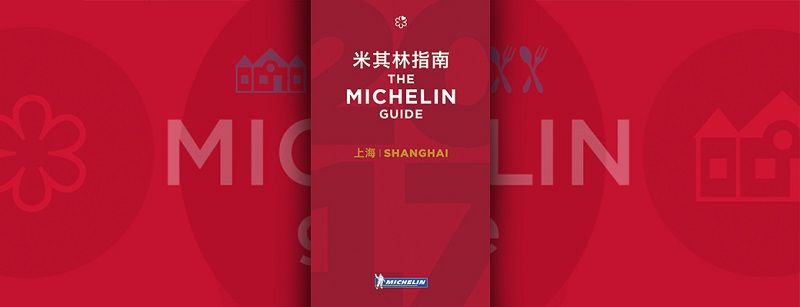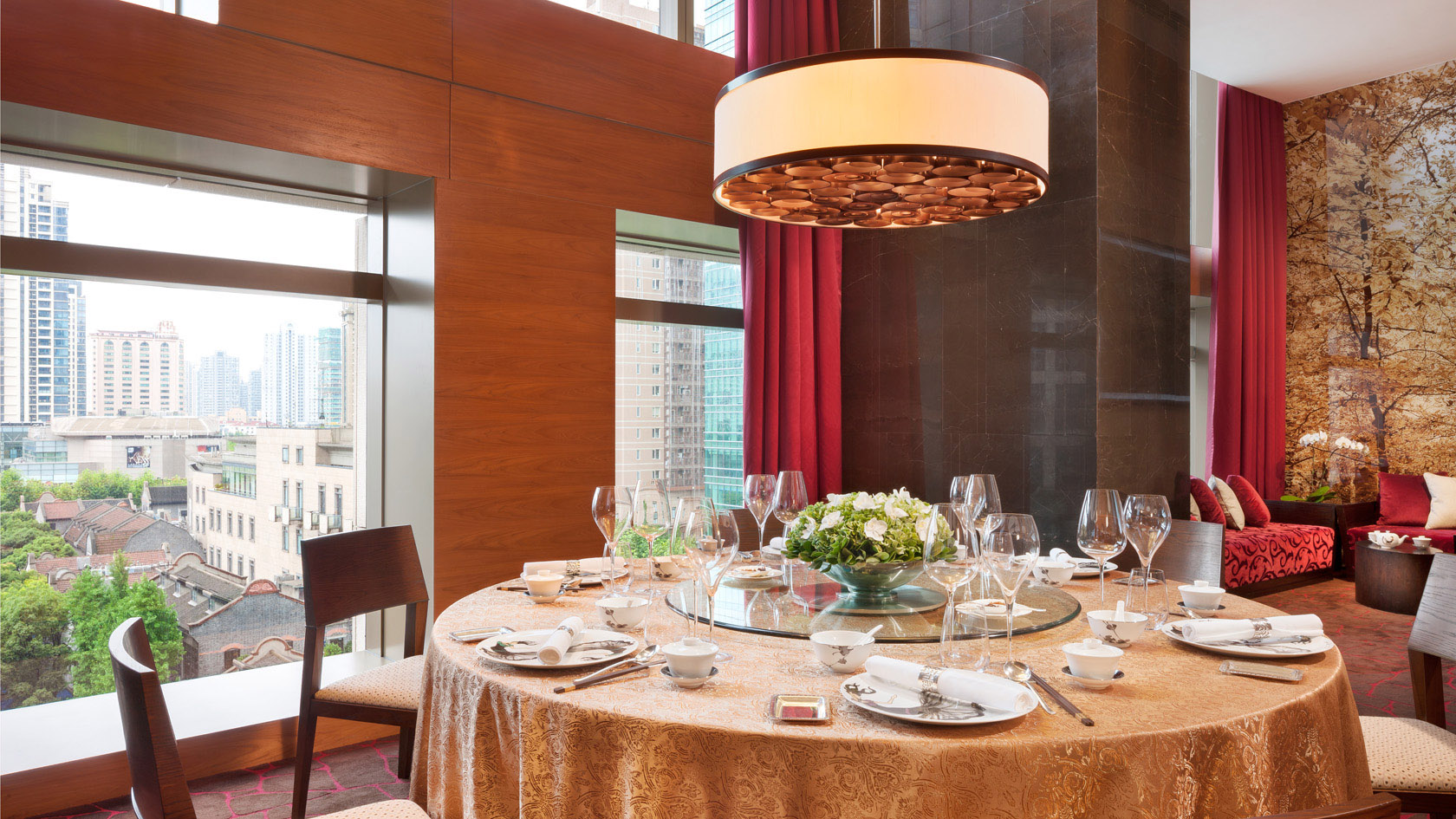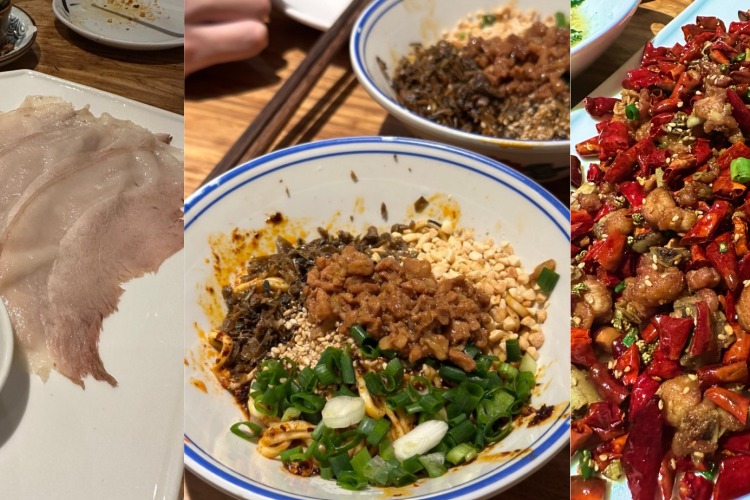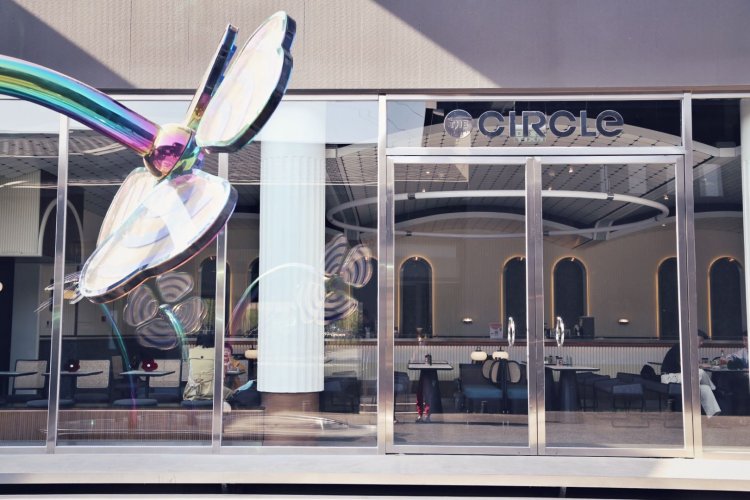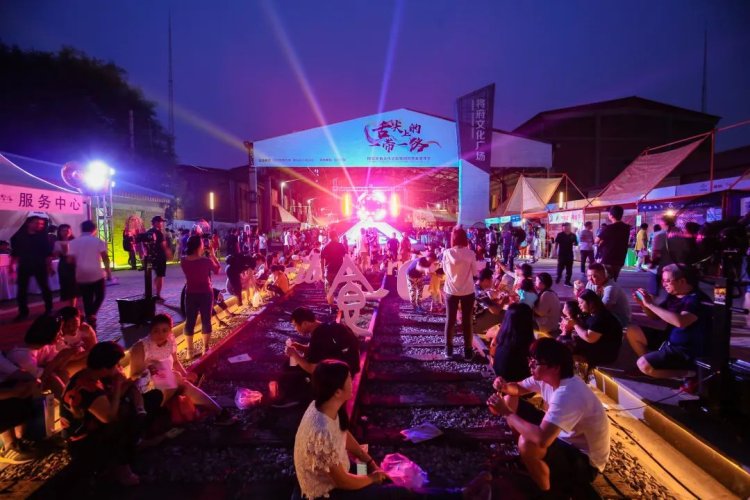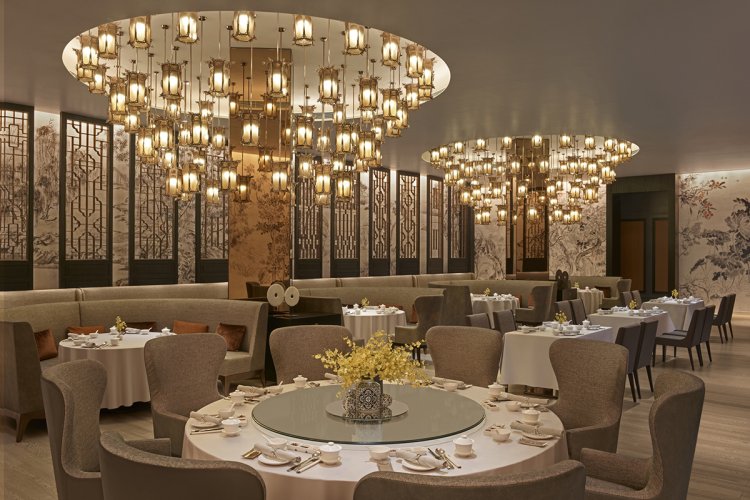From the look of the huge quality standards difference between the Shanghai Michelin Guide, compared to other international cities, I would say Blue Frog and Annie's have a good chance of one star, and Let's Burger in for 2 stars. What a joke, good marketing ploy from michelin though to get their brand awareness up in China.
I recently went to a great breakfast place and felt so embarrased when my friend told the owner that she found the place on yelp. I was like, "Come on. Can't you say something that sounds more like we came here as a result of a "scavenger hunt" style of action?"
Forget about the scavenger hunt. I'd trust theBeijinger on issues such as Beijing food much more than a Michelin guide --- it just doens't make sense to have a group of people who have never lived in the city to come up with ideas about which restaurants are the best, or "most prestigious," especially in cities like Beijing and Shanghai, which has food scenes by no means resemble, and by large are so different from, the food scene of the European contitnent half century ago -- Beijing probably has more restaurants than an European country (or probably many European countries) in the 1930s. The food styles are much more diverse and concept of what it means by a "top quality food joint" has become more diverse --- What about street eats? Holes-in-the-wall? Provincial restaurants? Craft beer breweries? Places with state-of-the-art quality control and delivery (maybe Annie's? -- I assume if Annie's is to close tomorrow it will instantly become memorable and legendary within the expat community, and maybe10 years from today there will be old farts saying "come on it's just the delivery, diet coke and tobasco, the acutal food was like xxxx.")
And, even if the guide gives a reasonable result --- maybe a peking duck place that has been featured on TBJ as well as local magazines three four five times --- so what? My wechat moments have been shua bao le by my chinese friends about the Shanghai michelin guide and people are like "lets go to Shanghai to try these restaurants!" These restaurants are always there. Isn't it mystical that by appearing on a tire company guide a thing suddenly becomes something.
Quote from a friend of mine,
Seriously Laura this is why I don't smoke cuz I'm afraid that every time I light a fire the ego in the city will just EXPLODE. -- Heather Chen

